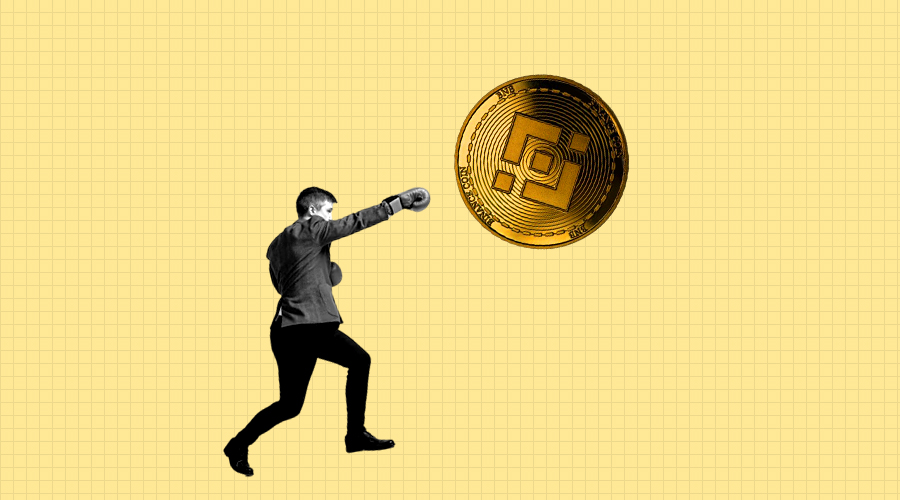 On Wednesday, in a move Binance said would allow it to focus on its larger European businesses
On Wednesday, in a move Binance said would allow it to focus on its larger European businesses
Cryptocurrencies have come into conflict with regulatory authorities quite a few times already, most recently in the form of the SEC’s extended battle with Ripple. And now, the SEC is going after yet another household name and top crypto brand Binance, and its CEO Changpeng Zhao. Binance’s Cyprus unit has applied to be removed from Cyprus’ register of crypto asset service providers, the securities regulator website showed on Wednesday, in a move Binance said would allow it to focus on its larger European businesses.
According to Reuters, It was unclear when Binance applied to deregister. The exchange, the world’s biggest, announced its registration with the Cyprus Securities and Exchange Commission in October 2022. A source at the regulator said on Wednesday that Binance never launched its business in Cyprus.
“We are working hard to prepare our business to be fully compliant with MiCA when it is implemented in the next 18 months,” a Binance spokesperson said in an email to CoinDesk. “To that end, we have made the decision to pull back efforts in Cyprus to focus on our efforts on fewer regulated entities in the EU.”
Binance won registration as a crypto asset service provider (CASP) in October last year, permitting it to offer spot, custody, staking and card services in Cyprus.
SEC Locks Horns With Binance
The SEC has taken legal action against Binance and its CEO, Changpeng Zhao, accusing them of mishandling billions of dollars and jeopardizing investors’ assets. The lawsuit alleges that Binance mixed customer funds and transferred them to a separate company controlled by the CEO, while also operating unregistered securities exchanges. This legal battle signifies a crucial moment for the crypto industry as a whole, given Binance’s significant influence in the trading ecosystem.
The SEC’s aggressive stance towards the crypto industry has resulted in several enforcement actions since 2022, signaling their commitment to regulate the market. The impact of these events reverberated across the industry, causing a decline in the value of Bitcoin and Binance’s native cryptocurrency, BNB. Amidst the turmoil, supporting independent journalism becomes increasingly vital to maintain press freedom in a changing landscape.
Binance Aims to Burn 50% of Total Supply
Binance’s BNB, launched in 2017, is built with a quarterly token burning mechanism. Every three months, a large amount of BNB is burnt – the company started by buying 20% BNB coins and burning them, then they bought and burned 50% of the total supply.
The Binance coin is used for covering trading fees and exchange fees, among others, on the exchange. As the ecosystem kept expanding, so did the token’s value. The token burning events limit the supply of BNB – which is capped at 200 million tokens. Burning 50% of this total supply means that only 100 million tokens will be left in circulation, which means higher value as the token becomes scarcer.




